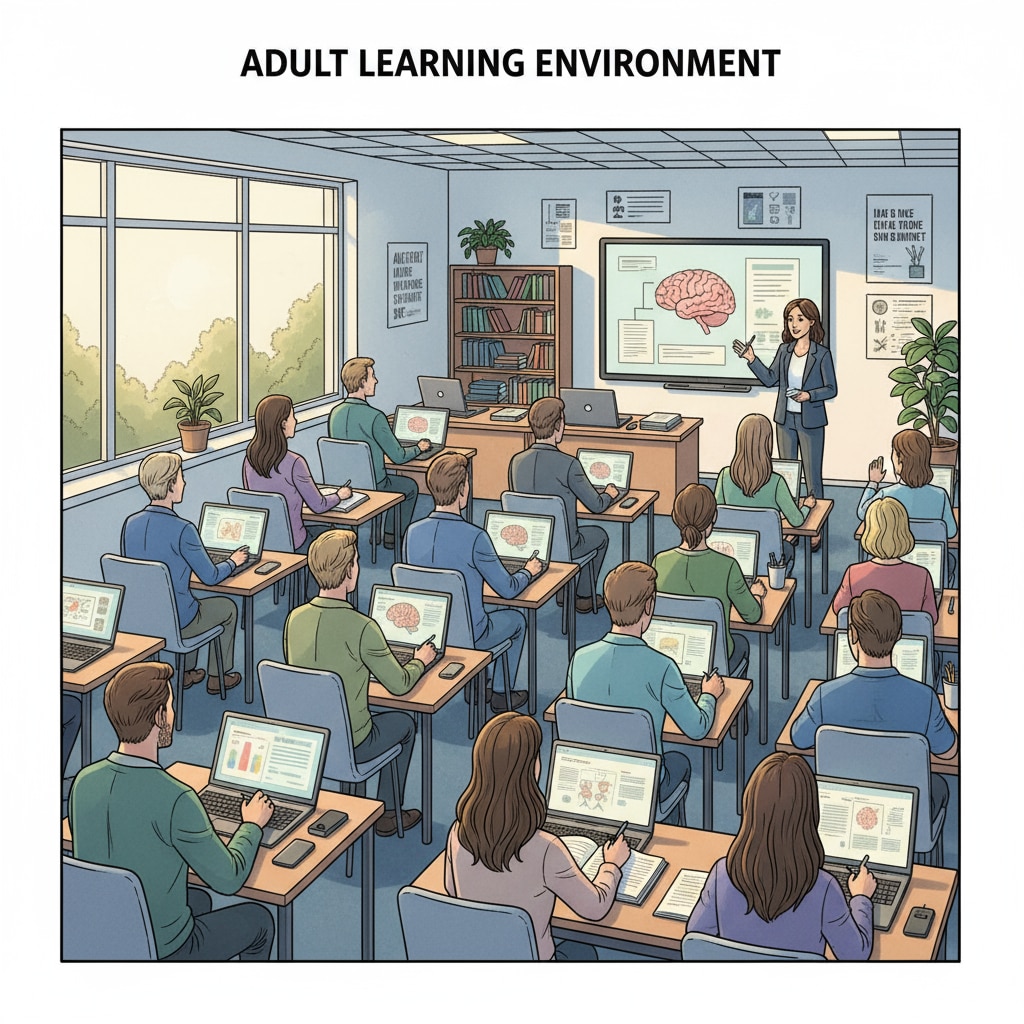For adults who have faced educational interruptions, the decision between obtaining an adult high school diploma and passing the GED exam can be crucial when applying to college. This choice is not just about filling an education gap but also about charting the best path towards achieving their academic and career aspirations.

The Significance of Adult High School Diplomas
An adult high school diploma is a recognized credential that represents the completion of a full high school curriculum. It often involves attending classes, either in-person or online, over a set period. This option provides a more comprehensive educational experience. For example, students get to engage in various subjects, from math and science to humanities. This broad-based learning can better prepare them for the rigors of college. According to The U.S. Department of Education, many colleges view adult high school diplomas favorably as they indicate a more in-depth academic preparation.

The Role of GED in College Admissions
The GED, or General Educational Development, is a standardized test that assesses skills equivalent to a high school education. It’s a popular choice for adults who want a quicker route to demonstrating their high school-level knowledge. Taking the GED can be more flexible in terms of study time and location. However, some colleges may have reservations. While it is widely accepted, certain institutions might prefer applicants with a traditional high school diploma. As stated on The official GED website, understanding college requirements regarding GED is essential for a successful application.
Accreditation is a key factor when choosing between the two. An adult high school diploma from an accredited institution holds more weight. It ensures that the education received meets certain quality standards. On the other hand, the GED is also recognized as a valid measure of high school equivalency, but different colleges may have different interpretations of its value. Therefore, it’s vital to research the specific accreditation requirements of the colleges you’re interested in.
Academic preparedness is another aspect to consider. Adult high school programs usually offer a structured learning environment, which can be beneficial for those who need to build a solid foundation in multiple subjects. The GED, while covering essential skills, may not provide the same level of in-depth learning. However, it can be a good option for individuals who are self-disciplined and can study independently.
In terms of career development, both options can open doors. An adult high school diploma might be more appealing to employers who value a complete high school education. The GED, though, can also enhance job prospects, especially when combined with additional training or certifications. For example, some vocational courses may accept GED holders. In addition, both can serve as stepping stones to higher education, which in turn can lead to better career opportunities.
Readability guidance: We’ve used short paragraphs and presented information in a clear manner. The use of external links provides reliable sources. The H2 headings break down the key aspects for easy understanding. Transition words like ‘however’ and ‘therefore’ have been used to enhance the flow.


